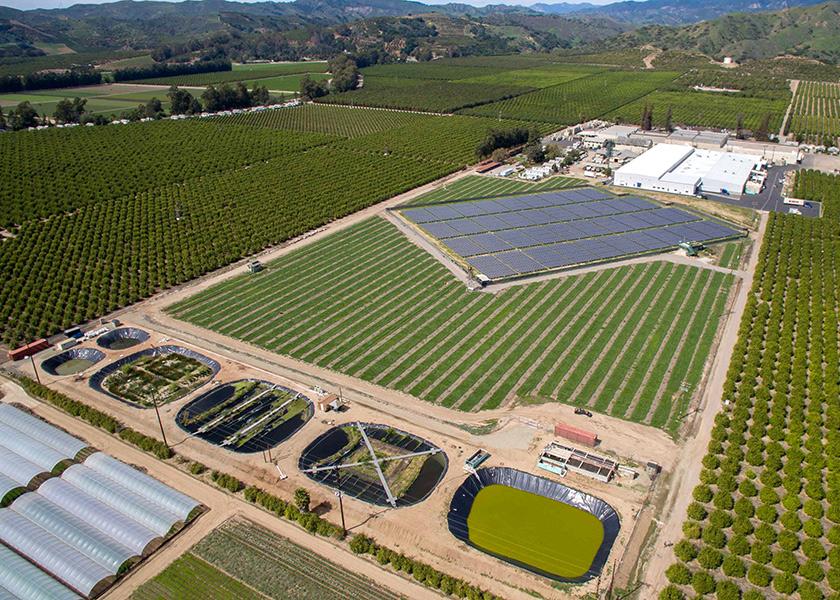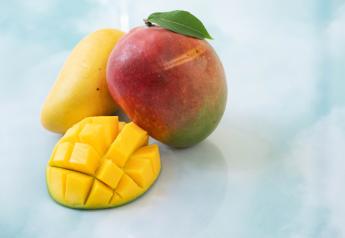How some citrus growers are making sustainable attainable

Sustainability is a big deal for U.S. citrus grower-shippers, many of whom have gone to great lengths to ensure their operations are environmentally friendly.
“Sustainability is engraved in our DNA, and therefore we are always looking for ways to enhance our land and the ecosystem that takes part in it,” said Edgar Gutierrez, vice president of farming operations for Santa Paula, Calif.-based Limoneira.
“We have been stewards of these rich farming grounds for the last 130 years,” he said.
The company maximizes water use by employing technology that allows Limoneira to monitor in real time what trees need to optimize the water delivery and prevent runoff or leaching to underground water reservoirs, Gutierrez said.
Limoneira also conducts constant nutrition tests in the soil and tree leaves to ensure that just enough fertilizer is applied to sustain productivity.
“We enhance our soil chemical balance and structure by incorporating organic matter and algae year-round,” Gutierrez said.
Cover crops have been planted on 300 acres to minimize the use of herbicides and tillage, and Limoneira releases beneficial insects as part of its integrated pest management program. The company has added a “pollinator island” inside its orchards to provide habitat for beneficial insects.
There is a focus on sustainability and being eco-friendly as well at Seald Sweet International, Vero Beach, Fla., said GT Parris, commodity manager.
Much of the company’s packaging already is recyclable, and Seald Sweet is working toward 100% recyclability — and some of it is very close to that, he said.
“We’re not totally there as an industry, but we’re moving that way,” he said.
The company has been under pressure from some retailers to adopt sustainable practices because that’s what consumers want, Parris said. Many customers have specific goals or have been mandated to have 100% recyclable packaging by a certain time.
“They’re the driving force," he said.
Back at Limoneira, the company has made efforts to reduce and reuse water by converting to efficient drip and microsprinkler irrigation systems, said Evan Hazlett, sustainability and environmental impact manager.
The company treats wastewater generated by its packinghouse and nearby residential properties using biological filtration, he said. The goal is to be able to reapply the water in its orchards.
Limoneira also recycles 100% of its organic waste through a certified composting facility, where it’s turned into mulch and returned to its fields, Hazlett said.
And Limoneira’s cardboard boxes have been sourced from sustainably managed forests and designed to be 100% recyclable.







